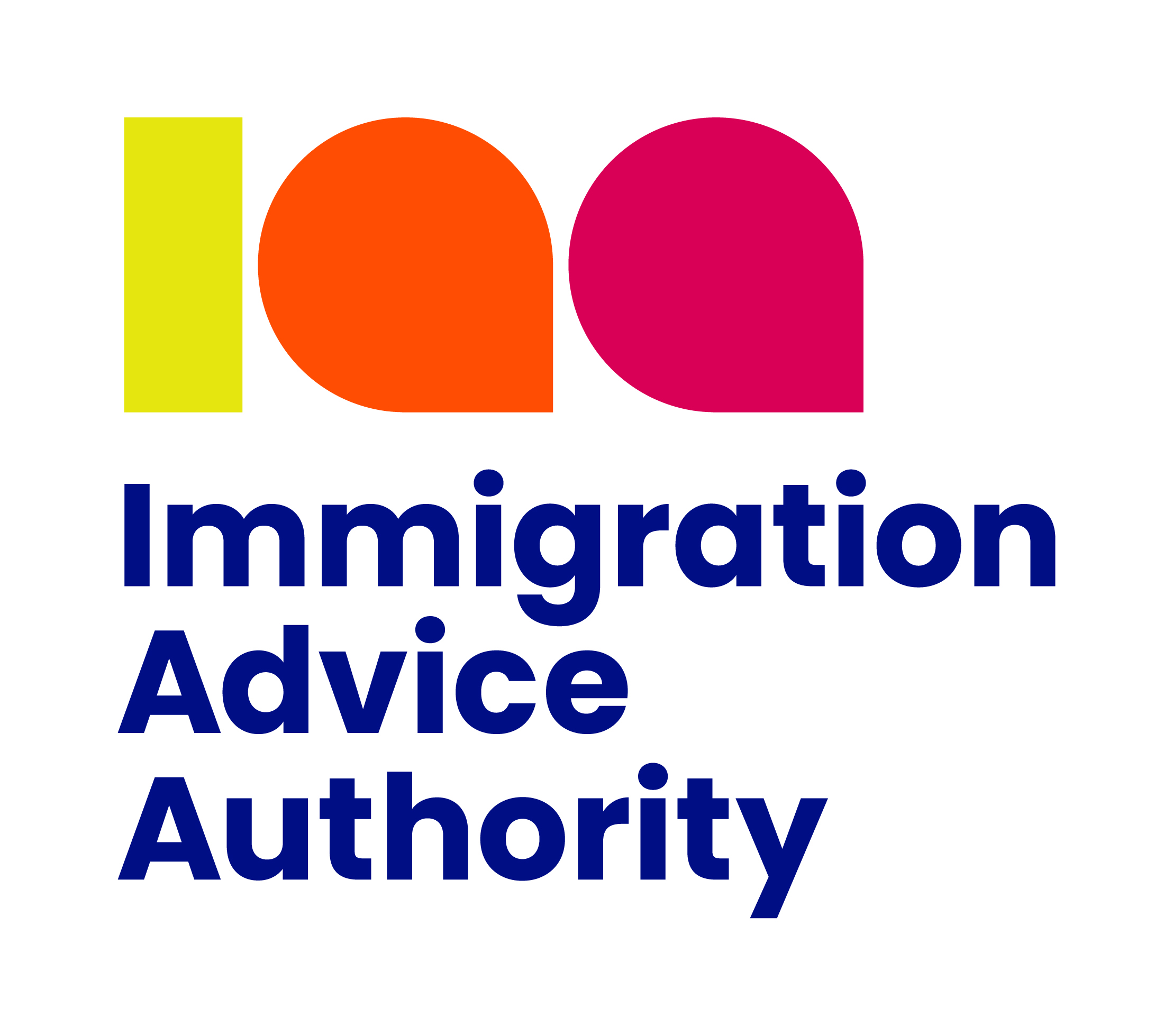Clarification of Immigration Advice Authority's jurisdiction
Updated 20 May 2025
In light of recent enquiries the Immigration Advice Authority believes it would be helpful to clarify whether certain areas of immigration and asylum work fall to be regulated by the Immigration Advice Authority as a ‘relevant matter’ as defined by section 82 of the Immigration and Asylum Act 1999 (as amended), and if so, at what Immigration Advice Authority level.
The matters outlined below, are currently undertaken by a number of local and community based organisations and other bodies such as local authorities.
The Immigration Advice Authority is keen to ensure that organisations are fully aware of their responsibilities and that such bodies do not fall foul of the regulatory scheme.
Change of conditions forms
Where destitute people need to gain access to public funds.
Two such applications have in particular been identified:
- a request for a change of conditions of leave granted on the basis of family or private life where the applicant has become destitute, for example the condition related to ‘No Recourse to Public Funds’
- an application for access to public funds under the Victims of Domestic Violence Concession
The Immigration Advice Authority has concluded that the provision of advice and services related to both of these applications is a ‘relevant matter’ within the act requiring regulation.
This is because a relevant matter includes “an application for, or variation of…leave to remain in the UK”. Section 3(3) of the Immigration Act 1971 establishes that leave to remain can be varied by adding, varying or removing conditions. Advisers may undertake advice and services on such applications at Immigration Advice Authority level 1.
Fee waiver applications
Where destitute people need to evidence their finances in order to submit an FLR(O) or FLR(FP) application (exercising ECHR rights).
The Immigration Advice Authority has concluded this is not a “relevant matter” under the act as this work does not affect the client’s immigration status. However, if such advice and services relate to the completion of the actual FLR (O) or FLR (FP), then this is clearly a relevant matter which should only be conducted by regulated advisers.
Direct exceptional case funding applications
Where a person writes to the Legal Aid Agency on behalf of a client to request an indication as to whether the client qualifies for legal aid in a case that would not normally qualify.
This is not work that falls under the definition of a ‘relevant matter’ within the act and does not require advisers making or assisting with such work to be regulated.
Referrals to the National Referral Mechanism (NRM)
The NRM is a framework for identifying and supporting victims of trafficking in the UK.
Where a person contacts a first responder (e.g. Police forces, local authorities and the Refugee Council), who in turn pass the case details of the individual to the competent authorities; the United Kingdom Human Trafficking Council or the Home Office Immigration and Visas (UKVI).
The Immigration Advice Authority has concluded that this does not constitute a relevant matter. It is not in itself an application for any particular type of leave or an amendment to current leave.

